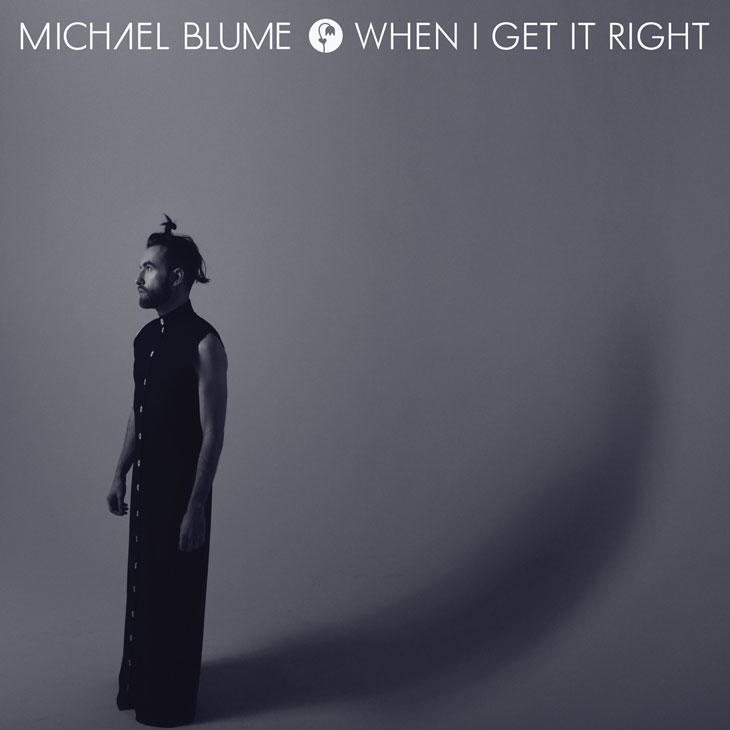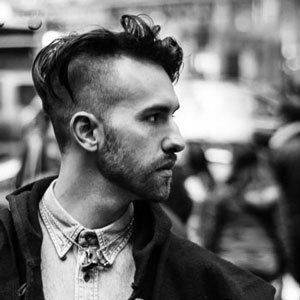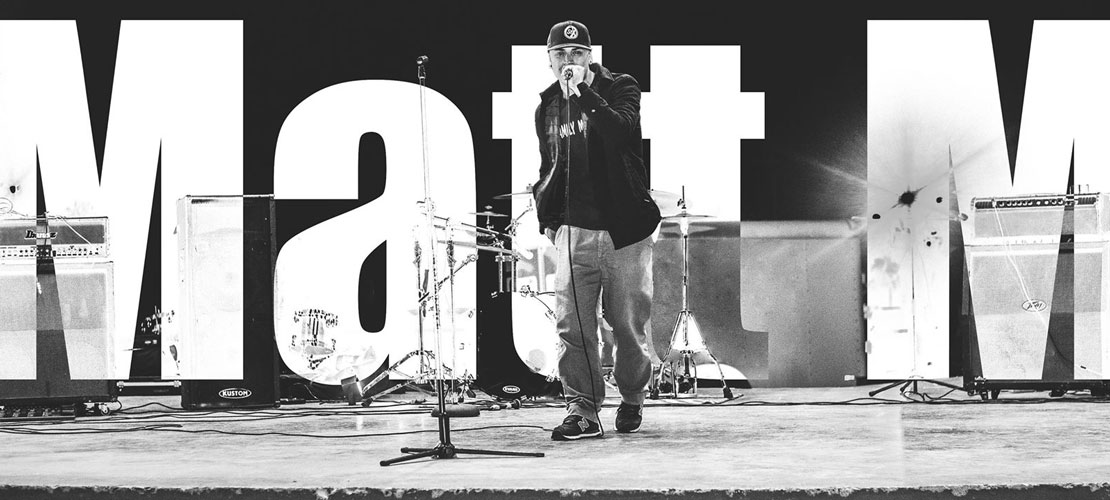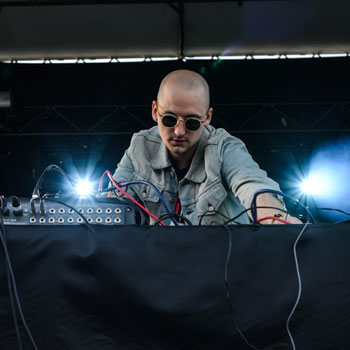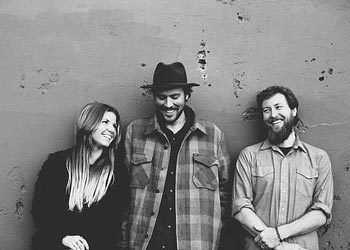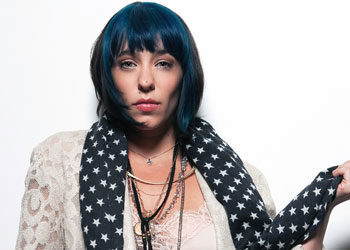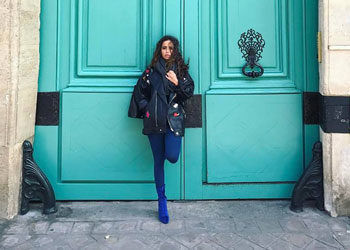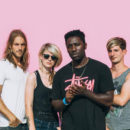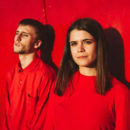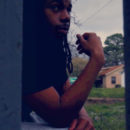7 Questions with Michael Blume
A NJ native, Michael Blume is an R&B/soul singer, rapper, activist, and progressive-minded songwriter. Despite being new to the music scene, he is never shy to express his strong stances on social justice through music, calling into question the rules of society while challenging people to think for themselves. In a sit down with Rawckus, Michael Blume gives us a closer view of his music, which serves as a vehicle for his progressive thinking.
On your Facebook page, your music genre is described partially as “alternative future soul.” What does this mean to you?
MB: I aim to challenge the status quo of things. We all follow so many rules without ever realizing that we are following them. I aim to illuminate those rules to shine some light on the ways we are living and encourage scrutiny of the self with the goal of inclusiveness and love. This, to me, means often embracing the alternative, the other, the queer, the strange, the weird.
Tell us about your a cappella roots at Yale with the Whiffenpoofs. How did it shape your musical foundation?
Michael Blume: I sang in a cappella groups starting in high school, and one of the reasons I chose to attend Yale was because of its rich a cappella culture. I have always loved the human voice and been interested in choral and vocal music. The Whiffenpoofs is actually an all-senior group that I performed in and toured with for a year. Before that, I was in a different a cappella group, The Duke's Men, for my first three years at Yale. My experiences singing in a cappella groups shaped my musical foundation. Almost all my records rely heavily on thick, layered harmonies. I developed a lot of my experience for arranging and vocal production in these groups, working with diverse groups of singers.
How did you find your backup singers and the other members of your band?
MB: I am coming from the working musician scene here in NYC! I met most of the band out and about—gigging, at shows, and doing events together. Some of the band I have been playing with for almost three years. At this point, they are really working musician friends who I am lucky enough to have support me on my project. My band is full of BADASSES. Each member is involved in a number of projects, including their own. I am really lucky to get to work with such incredible musicians.
I believe in Black Lives Matter, the right of a woman to make her own choice on her own body, and welcoming of refugees from around the world. I am someone that values diversity for diversity's sake.
When writing your songs, do you start with the music or the story?
MB: Usually they come together! I would say that most of the songs I have made that I like the best are songs that I wrote on piano with melody, chords, and lyrics, and then take to a producer to develop the track. But sometimes I will make a beat first or get a beat from a producer and write like that, too. There are a lot of ways!
What issues are most important to you as an activist? How do you use your music for your activism?
MB: Right now, quite a few. Our planet is at stake. Climate change is more and more real every day and we now have an administration that took climate change off the official White House page. All the other things we debate will be irrelevant if we are under water.
Outside of that, I definitely hold liberal and progressive views on human rights, the importance of equality and freedom. I believe in Black Lives Matter, the right of a woman to make her own choice on her own body, and welcoming of refugees from around the world. I am someone that values diversity for diversity's sake. Frankly, a ton of my values are at stake with the Trump administration's utter incompetence and hateful rhetoric, and so I have no choice but to respond to these threats by actively discussing them in my music.
What can we expect from this full album you’re working on?
MB: A wide range of sounds and genres. I am working now to whittle down what's most important. What do I need to say in 10 or 13 songs? What is most important? It's going to be a mix of hip-hop and trap and soul and rock. I hope it's challenging and strange and weird and engages folks with questions they might not have otherwise found themselves asking.
What do you want listeners to take away from your music?
MB: Be good to one another. Challenge your own assumptions. Realize that we are all part of a system of cis hetero, white, Christian patriarchy. The revolution must be intersectional. Everyone is beautiful and powerful.

